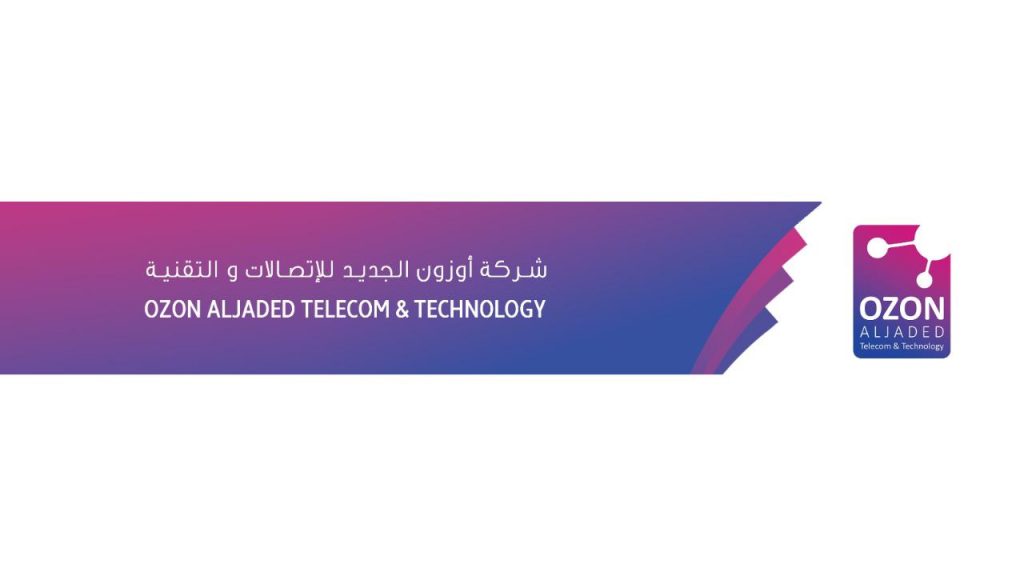- The company specialises in telecom infrastructure, IoT, and cloud services, addressing growing demand for high-speed connectivity in the region.
- Despite challenges like high deployment costs and regulatory hurdles, Ozone Aljadid is expanding its 5G and fibre-optic networks to bridge digital gaps.
Positioning at the Forefront of Regional Digital Transformation
The Middle East’s telecommunications landscape is undergoing unprecedented change, with governments across the GCC implementing ambitious digital agendas. Ozone Aljadid has strategically positioned itself to capitalize on this transformation, emerging as one of the region’s most dynamic telecom infrastructure providers. The company’s current operations span multiple critical areas including fiber-optic network deployment, IoT platform development, and enterprise-grade cloud services.
What sets Ozone Aljadid apart is its dual focus on both urban and rural connectivity challenges. While supporting smart city initiatives in major metropolitan areas, the company has simultaneously launched innovative last-mile connectivity solutions for remote communities. This comprehensive approach has attracted partnerships with both regional telecom operators and global technology leaders looking to establish footholds in Middle Eastern markets.
However, the path forward isn’t without obstacles. Industry analysts note that Ozone Aljadid operates in one of the world’s most complex regulatory environments, where compliance requirements vary significantly across different Gulf states. Additionally, the physical challenges of deploying infrastructure in desert climates continues to drive up operational costs. The company has responded by investing heavily in modular, scalable network solutions that can be rapidly deployed while meeting stringent local requirements.
Also read: Mali launches digital shift for payments and public services
Also read: iShine Cloud: Drives Digital Shift for Charities with IRAS
Innovating Through Challenges: 5G and Beyond
Ozone Aljadid’s innovation strategy focuses on three key pillars: next-generation connectivity, sustainable infrastructure, and digital enablement. The company has become one of the region’s most active 5G infrastructure partners, working with mobile operators to deploy advanced radio access networks. Early trials of millimeter wave technology in Dubai and Riyadh have demonstrated particularly promising results for enterprise applications.
The company’s sustainability initiatives are equally noteworthy. Facing the region’s extreme temperatures and energy challenges, Ozone Aljadid has pioneered the use of passive cooling systems for base stations and solar-powered micro data centers. These innovations not only reduce operational costs but also align with the sustainability goals of Gulf governments.
Looking ahead, Ozone Aljadid is betting big on edge computing and private networks for industrial applications. The company recently announced partnerships with several oil and gas giants to deploy dedicated LTE networks at remote extraction sites. These projects demonstrate how telecom infrastructure providers are becoming crucial enablers of digital transformation across all economic sectors in the Middle East.

